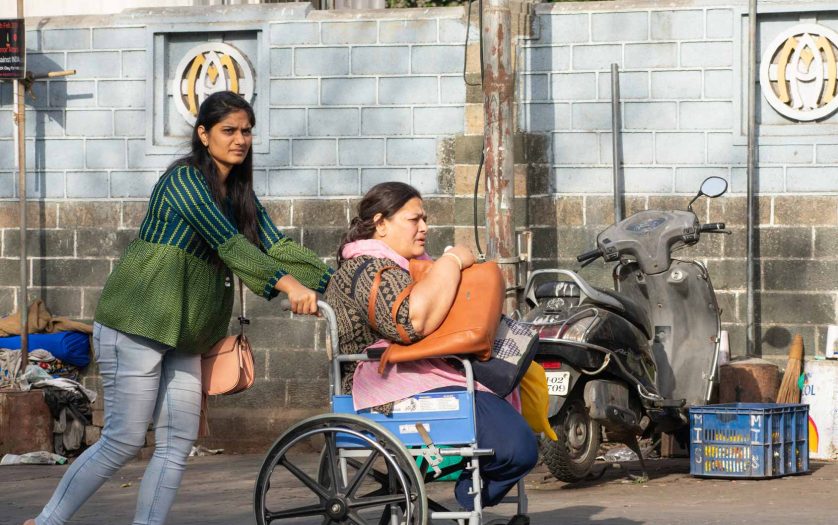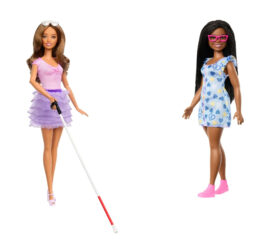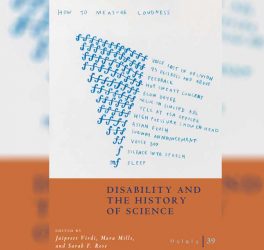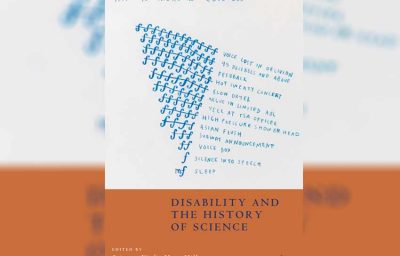
The Election Commission of India (ECI) has asked political parties and its leaders to desist from using “derogatory words” for persons with disabilities in their public speeches.
Releasing a set of guidelines for political parties to “promote inclusivity and respect” towards persons with disabilities (PwDs), the ECI said, the violation of these guidelines can lead to an imprisonment of up to five years under Section 92 of the Rights of Persons with Disabilities Act, 2016.
According to the guidelines, the parties should not use derogatory language towards persons with disabilities and must ensure that their websites, social media, speeches, etc. are accessible for persons with disabilities.
The guidelines further instruct parties and their representatives not to use terms related to disability or disabled persons in the context of human incapacity or in a manner that is “offensive or perpetuates stereotypes”.
“Common examples of ableist language are words like dumb (gunga), retarded (pagal, sirphira), blind (andha, kana), deaf (behra), lame (langda, lula, apahij) etc. It is necessary to avoid usage of such derogatory language,” the ECI said.
Rather, while referring to persons with disabilities, the parties can use only rights-based terminologies as mentioned in the Convention on Rights of Persons with Disabilities, the ECI said. The parties should also internally review all campaign materials to ensure they do not contain any ableist or discriminatory language, it said. Parties should also “ensure and declare on their website that they will use disability & gender-sensitive language and etiquette as well as respect inherent human equality, equity, dignity and autonomy.”
The guidelines also directed the parties to provide training modules on disabilities to party workers and include more PwDs as party workers and members. It also asked them to appoint a nodal authority to hear complaints of persons with disabilities about the usage of ableist language.
According to the Rights of Persons with Disabilities Act 2016, appropriate terms to refer to disabilities include blindness, low vision, deafness, locomotor disability, intellectual disability, etc.








